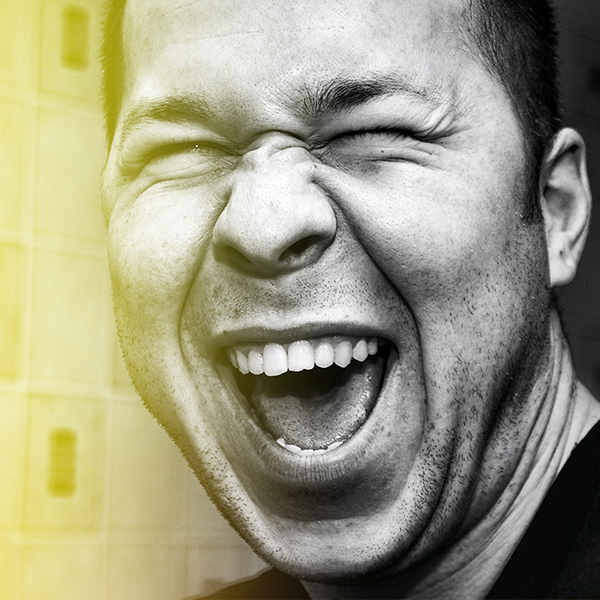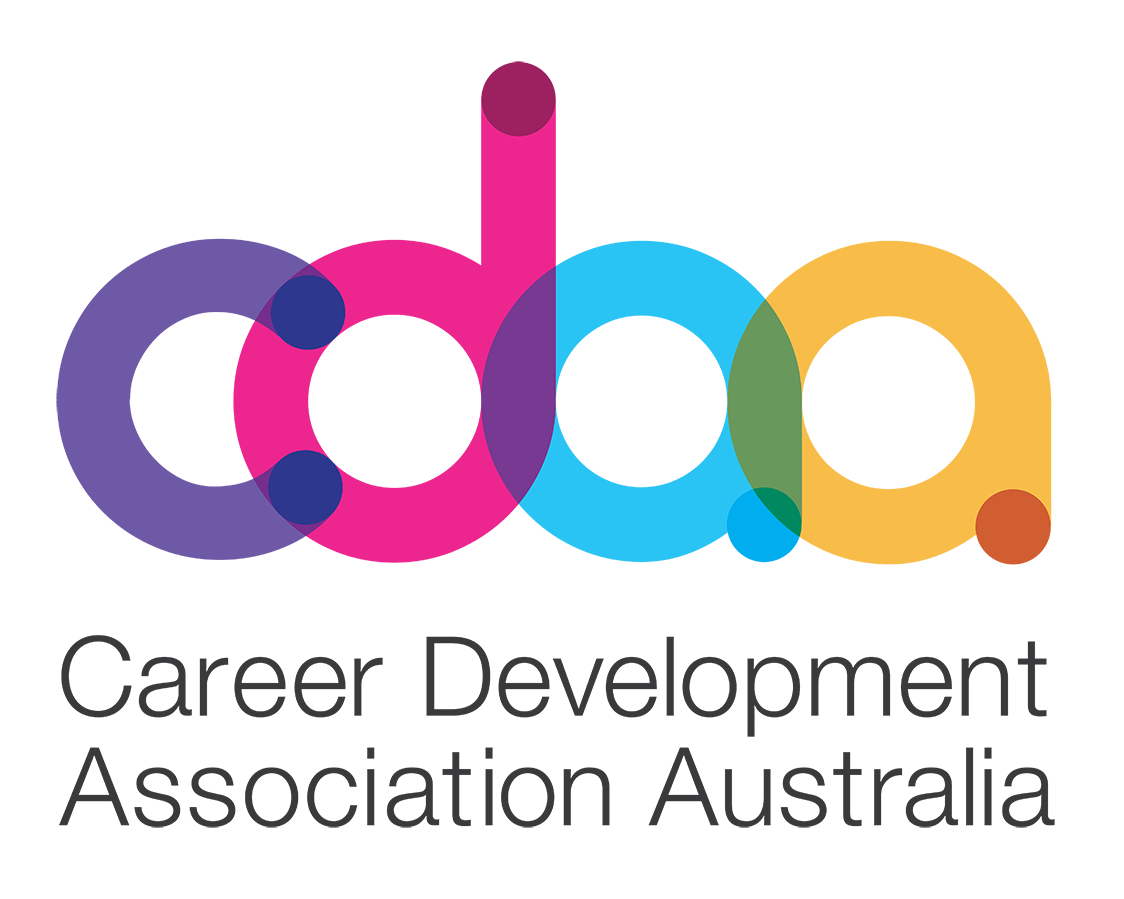Career Complacency: Why ‘Good Enough’ Jobs Lead to Long-Term Disengagement

Is staying in a job that’s just ‘okay’ slowly pulling you away from the career and life you actually want?
Maybe your job pays well. Your boss is decent. It’s… fine. So you tell yourself, “I should be grateful.” You suppress that quiet itch for something more. You convince yourself that the discomfort is temporary. That now isn’t the time to change.
But over time, “fine” becomes flat. And the once-welcome comfort of a “good enough” job starts to feel like a slow drain on your energy, your motivation, and your sense of self.
This is the silent trap of career complacency, a space many professionals fall into without even realising it. You’re not burnt out. You’re not thriving. You’re just… stuck.
While being stuck might feel safer than taking a leap, it comes with a cost. That’s what this article is here to unpack. What complacency really looks like, why it’s so common, and what you can do about it.
Because you deserve more than just “good enough”.
What is Career Complacency?
Being content at work isn’t actually a bad thing. In fact, job satisfaction is something many people strive for.
Career complacency, however, is different. It’s when you settle because it feels easier than exploring something more aligned.
You might be experiencing complacency in the workplace if:
- You haven’t learned anything new in months (or years)
- You feel mentally disengaged at work, even if you’re meeting expectations
- You don’t see a clear path forward, but you’re not doing anything about it
- You tell yourself it’s “too late” or “too risky” to change
- You stop talking about your job with any real enthusiasm
In Singapore, career complacency is more common than you think. According to a 2024 report by HRM Asia, about 19% of employees are unhappy at work, the highest in the region, despite being employed full-time.
It’s not laziness or a lack of ambition. Often, it’s fear and a culture that rewards stability over exploration.
The Hidden Costs of Staying Too Comfortable
At first glance, staying in a comfortable job seems harmless. But over time, it chips away at your growth, confidence, and sense of purpose.
Skill Stagnation
When you’re no longer challenged, you stop stretching. Your skillset flatlines. You may become less competitive in the job market, because you haven’t had the chance to evolve. It has nothing to do with capability.
Long-Term Disengagement
You may still be showing up, but mentally, you’re clocked out. This kind of low-level disengagement can be exhausting. It leads to decreased performance, poor wellbeing, and even anxiety about the future.
Growing Regret
There’s a quiet kind of sadness that comes from knowing you’re not living up to your potential. It can start as restlessness and grow into regret. And as the years pass, it becomes harder to ignore.
Just because a job feels “safe” doesn’t mean it’s secure long-term. Industries shift. Companies restructure. Roles become redundant. And when change comes, you might find yourself underprepared.

What Exactly Defines a Fulfilling Career?
We throw the word fulfilment around a lot. But what does it really mean?
At its core, a fulfilling career is one that aligns with your values, strengths, and aspirations. It may not be perfect, but it gives you a sense of purpose and progress.
So, what is a fulfilling career?
It’s one where:
- Your work feels meaningful, not just to your employer, but to you
- You’re growing, not just staying busy
- You feel seen and valued
- You can express yourself authentically
- Your work fits into your life, not the other way around
Fulfilment isn’t just for people who chase passion jobs. It’s about alignment. Even in traditional industries, you can find meaning if your role honours your values and allows space for growth.
Why High Performers Get Trapped Too
You might think career complacency is a “slacker” problem. It’s not.
In fact, high achievers often get stuck in “good enough” jobs because they’re so competent. They do their work well. They’re rewarded. But inside, they feel a growing disconnect.
We’ve explored this in-depth in our article on Why High Achievers Struggle to Ask for Help. When you’re used to being the one others rely on, asking yourself big, scary questions – like “Is this still right for me?” – can feel like a threat to your identity.
In Singapore and Australia, this is compounded by cultural norms. There’s often pressure to “stay on track”, especially if you’ve already ticked off the boxes: prestigious job, decent salary, a stable life.
But external success doesn’t guarantee internal fulfilment.
Career Coaching as a Path to Clarity
So what do you do if you’re stuck in a “good enough” job?
You don’t have to burn it all down. But you do need to start listening to yourself.
That’s where career coaching can help. At The Happy Mondays Co, we often say coaching is like having a mirror, a motivator, and a strategy partner all in one. It gives you the space to pause, reflect, and make intentional decisions.
Coaching helps you:
- Reconnect with your values and strengths
- Unpack what's really holding you back
- Explore new career directions without panic
- Build a roadmap for change, big or small
Importantly, coaching is proactive, not reactive. You don’t have to wait until you’re burnt out or made redundant to seek support.
If you’re ready to shift from career complacency to clarity, check out our Career Coaching service, or learn more about Why Career Coaching Works and the Benefits of Career Coaching.
Move Beyond ‘Good Enough’
Career complacency is quiet. It doesn’t knock loudly or scream for your attention. But left unchecked, it steals your enthusiasm, your growth, and your sense of purpose.
So we’ll leave you with this: What would your career look like if you stopped settling for “good enough”? And more importantly, what might your life feel like?
You don’t have to overhaul your entire career overnight, but you do owe it to yourself to ask: is this still right for me?
If the answer feels unclear or uncomfortable, that’s okay. You’re not alone, and you don’t have to figure it out on your own either.
Book a free discovery call with our coaches today, and let’s explore what more could look like for you.




















